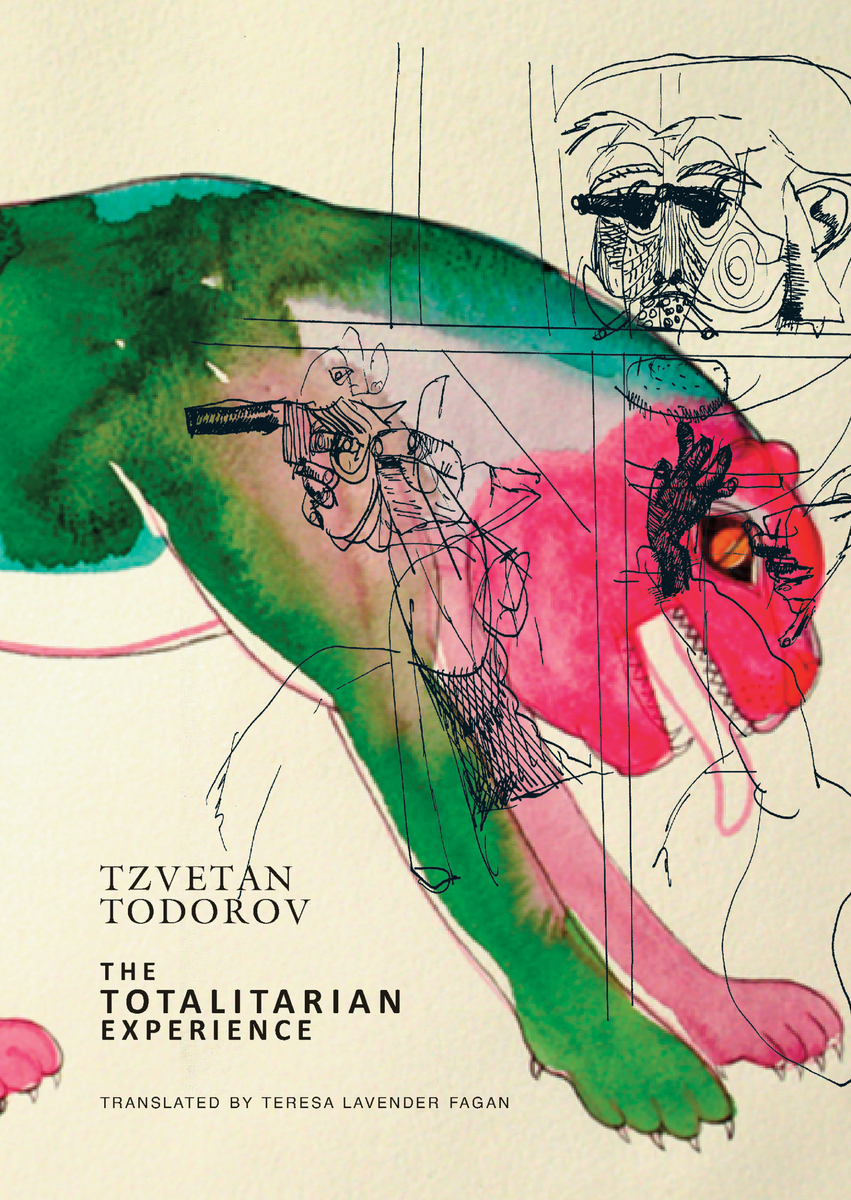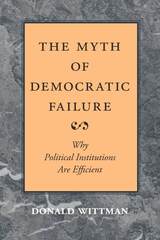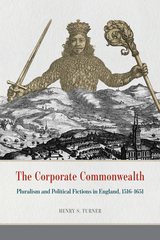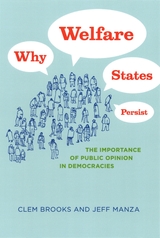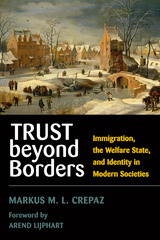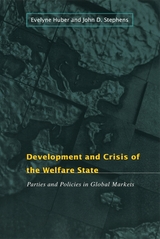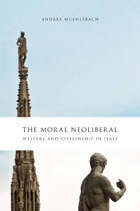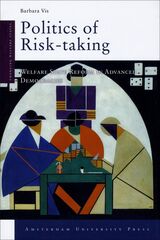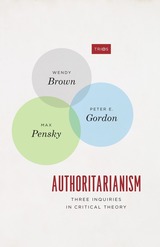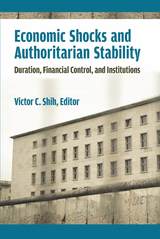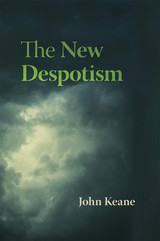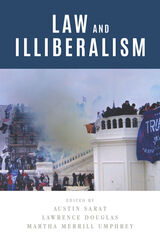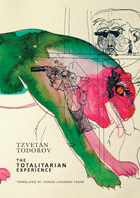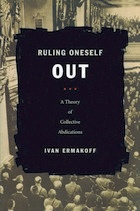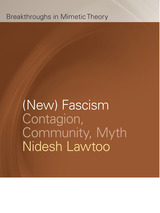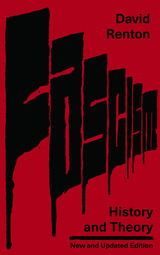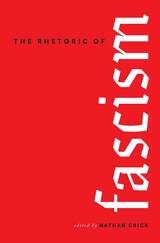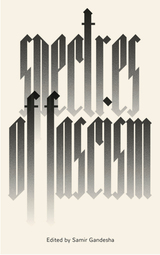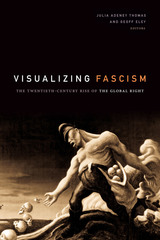The Totalitarian Experience
Seagull Books, 2011
Cloth: 978-0-85742-013-8 | eISBN: 978-0-85742-053-4
Library of Congress Classification JC480.T6313 2011
Dewey Decimal Classification 909
Cloth: 978-0-85742-013-8 | eISBN: 978-0-85742-053-4
Library of Congress Classification JC480.T6313 2011
Dewey Decimal Classification 909
ABOUT THIS BOOK | AUTHOR BIOGRAPHY | TOC
ABOUT THIS BOOK
The fall of the Berlin Wall marked the beginning of the collapse of the Soviet Union, as well as many other communist totalitarian regimes around the world. But it would be naive to assume that this historic, symbolic event and its aftermath have completely rid the world of totalitarianism. Instead, we should ask, what is the totalitarian experience and how does it survive today?
This is the imposing question raised by acclaimed philosopher and writer Tzvetan Todorov in this compact, highly personal essay. Here, he recounts his own experiences with totalitarianism in his native Bulgaria and discusses the books he has written in the last twenty years that were devoted to examining such regimes, such as Voices from the Gulag, his influential analysis of Stalinist concentration camps. Through this retrospective investigation, Todorov offers a historical look at communism. He brings together and distills his extensive oeuvre to reveal the essence of totalitarian ideology, the characteristics of daily life under communism, and the irony of democratic messianism.
Bringing his thoughts and insights up to the present, Todorov explores how economic ultraliberalism may be considered just another form of totalitarianism. And his conclusion leads us to ask ourselves another challenging question: Are liberal democratic societies actually totalitarian experiences in disguise?
“In this honed, finely calibrated essay, Todorov refutes the notion that good can be imposed by force. More efficient is to embody one’s values and demonstrate their worth. . . . This is a concise and eloquent defence of what makes us truly human.”—Age, on Torture and the War on Terror
See other books on: Communism | Fagan, Teresa Lavender | Fascism & Totalitarianism | Todorov, Tzvetan | Totalitarianism
See other titles from Seagull Books
